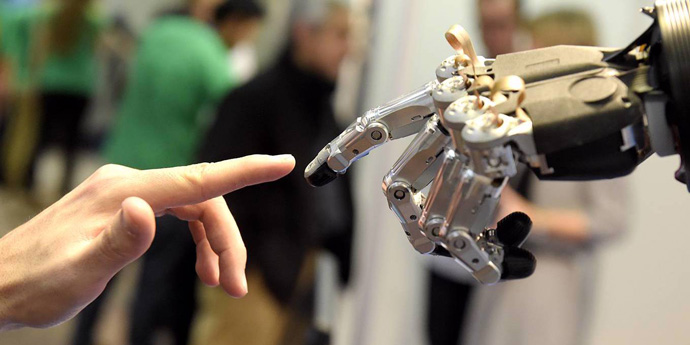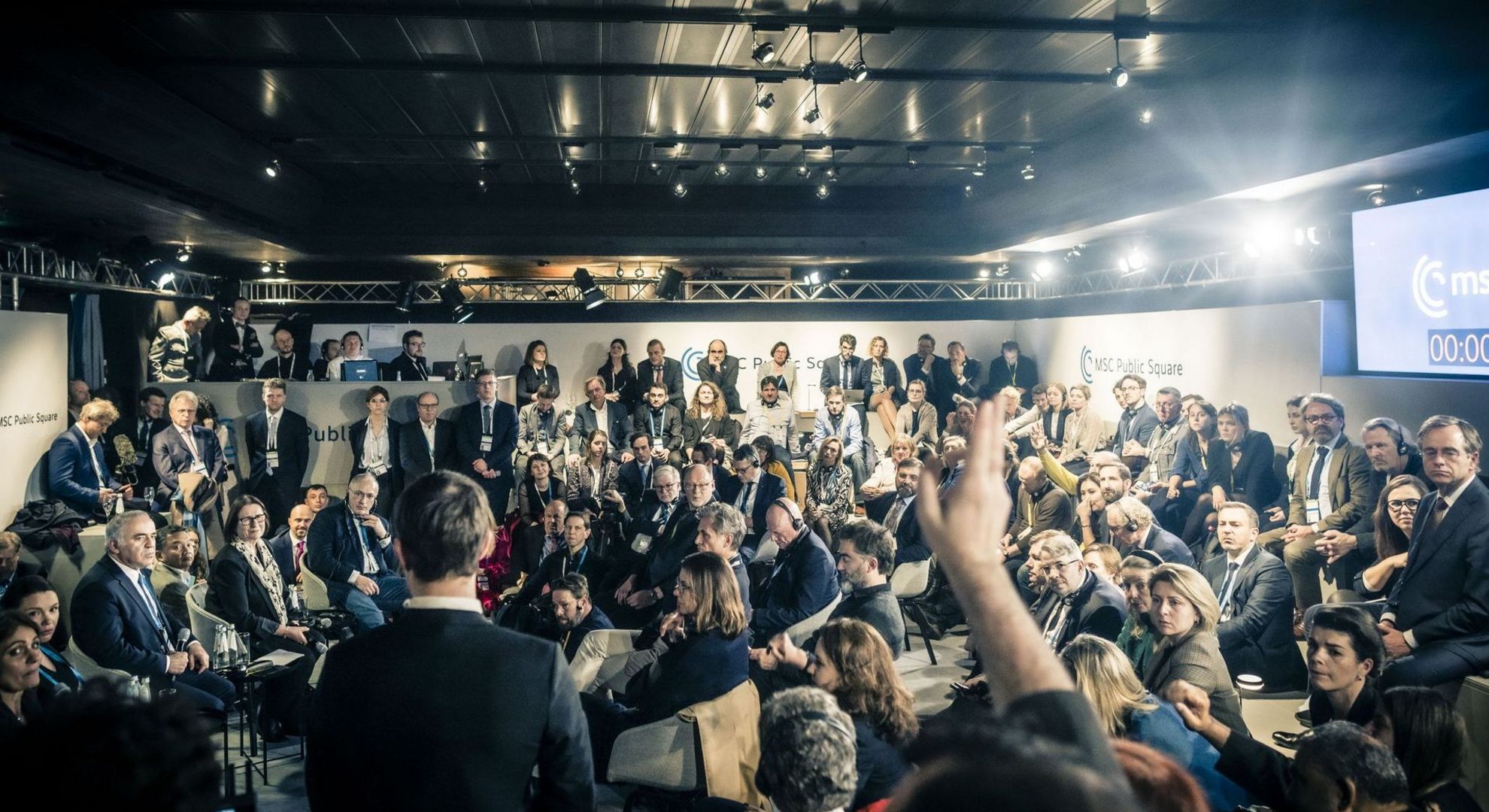
Mar 22, 2024
Joseph Nye is University Distinguished Service Professor at Harvard University, and a regular contributor to China-US Focus. He unpacks his insights on the bila

Cui Hongjian, Director of the Department for European Studies, China Institute of International Studies
Mar 12, 2024
With Vladimir Putin hinting at the possible use of nuclear weapons and Europe responding more aggressively, the prospect of victory seems to be tilting away from Ukraine. China’s diplomatic maneuvering for peace should set an example for the international community.
Sajjad Ashraf, Former Adjunct Professor, National University of Singapore
Mar 05, 2024
As dissatisfaction with the Western-led financial system grows, BRICS is emerging as a collective voice for developing nations, challenging the dominance of the U.S.-led global order and advocating for alternatives to the dollar and euro.
Wang Youming, Senior Research Fellow of BRICS Economic Think Tank, Tsinghua University
Feb 29, 2024
The mechanism differs markedly from the Western alliance system, which is why many countries have sought to join. It represents the Global South in the new round of reconfigured industrial and value chains, and will help shift global governance from a center/periphery model to an equality/common governance model.

Xiao Qian, Vice Dean of Institute for AI International Governance and Deputy Director of Center for International Security and Strategy, Tsinghua University
Feb 29, 2024
The Munich Security Conference generated a lot of heat but little progress on problems posed by artificial intelligence and how it should be regulated. Countries everywhere need to delicately balance tech development with regulation and navigate the fine line between inevitable competition and indispensable cooperation.

Sun Chenghao, Fellow, Center for International Security and Strategy, Tsinghua University
Feb 21, 2024
Attendees at the recent security conference could sense Europe’s anxiety about the future. The conference and its report reflected the current unsettled European mindset: Amid increasingly tense geopolitics and economic uncertainty, it sees movement away from global cooperation.
Xiao Bin, Deputy Secretary-general, Center for Shanghai Cooperation Organization Studies, Chinese Association of Social Sciences
Feb 20, 2024
Judging from the current international mood, neither an armistice nor peace talks will likely come about this year, and the war will continue to drag on between Russia and Ukraine. At some point, it will become politically untenable in the West and financially unsustainable in Russia.
Zhong Yin, Research Professor, Research Institute of Global Chinese and Area Studies, Beijing Language and Culture University
Feb 20, 2024
America’s actions that are directly detrimental to China’s interests render China’s cooperation in some regions irrelevant. The good news is that China and the U.S. have agreed to strengthen cooperation. But to ensure concrete results, the U.S. needs to do more.
Sun Chenghao, Fellow, Center for International Security and Strategy, Tsinghua University
Liu Yuan, Research Assistant, Center for International Security and Strategy, Tsinghua University
Feb 05, 2024
China and the United States should promote dialogue and cooperation. Both possess rich talent resources, robust economies and cutting-edge high-tech power. Their interactions in the emerging field and the associated realm of global governance, will have a significant impact on the future of humanity.

Sebastian Contin Trillo-Figueroa, Geopolitics Analyst in EU-Asia Relations and AsiaGlobal Fellow, The University of Hong Kong
Jan 05, 2024
Subsidies have evolved into dual-purpose instruments, serving as drivers of self-reliance and geopolitical tools. This transformation, spurred by economic strategies and national security concerns, blurs the line between economic prosperity and safeguarding strategic interests, urging the need for a unified global economic stimulus strategy and enhanced cooperation in new realms to navigate this complex interplay effectively.